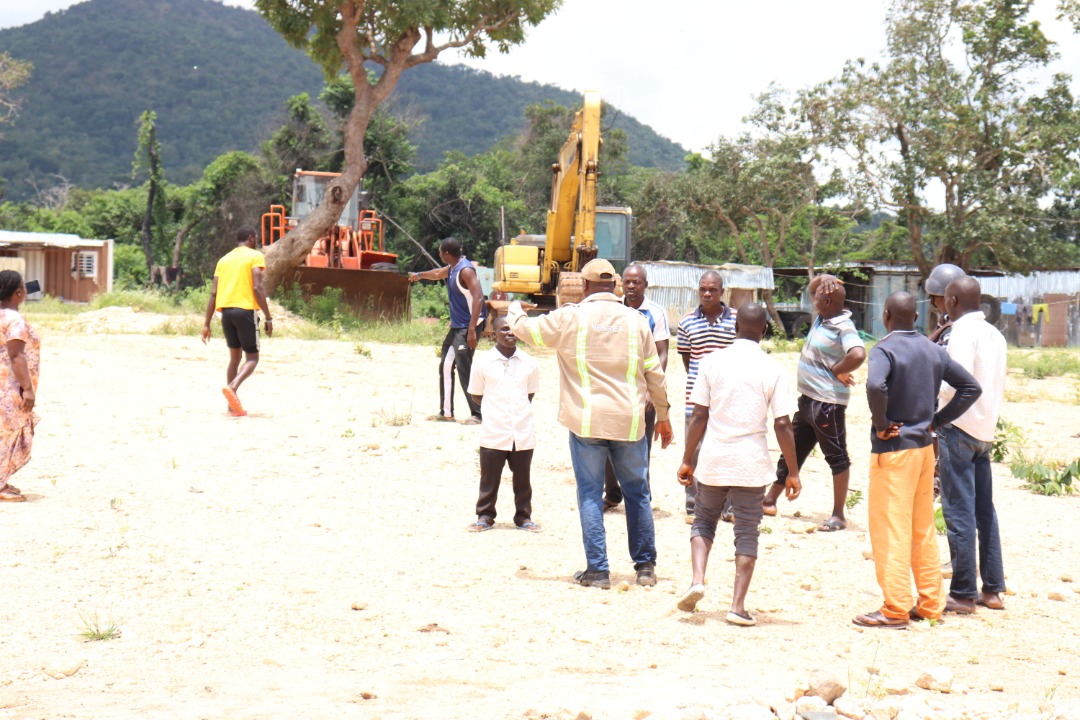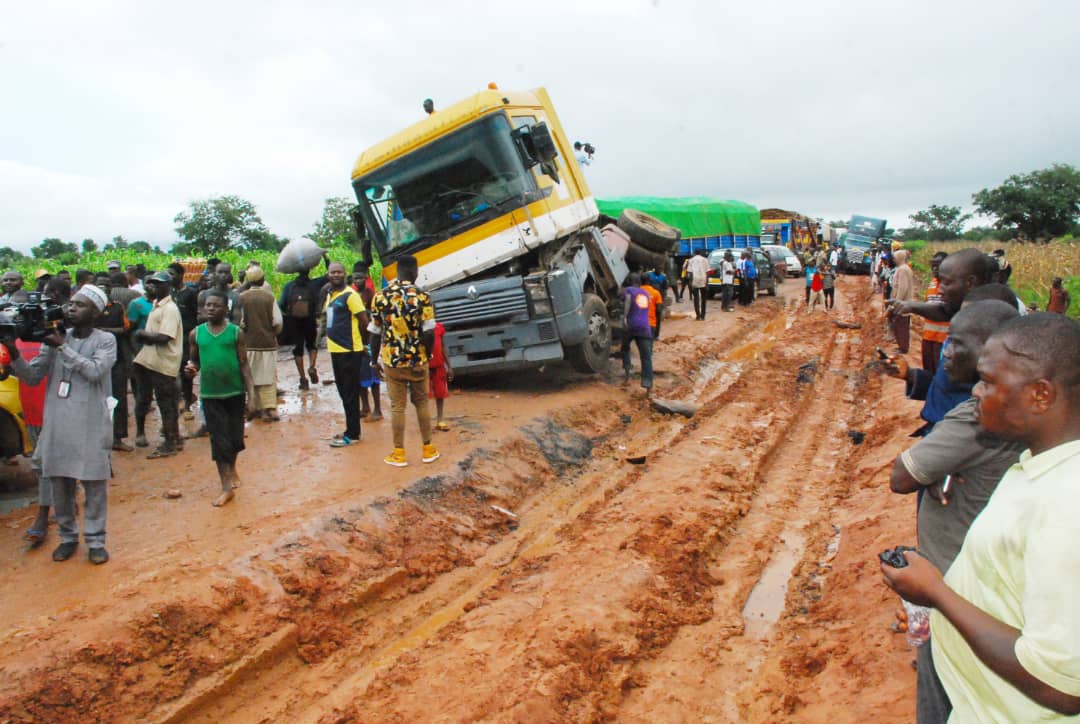The federal government says it found a high deposit of lead and mercury in the water and soil polluted by Hongao Mining Company Limited, a Chinese firm illegally operating in Abuja.
Aliyu Jauro, director-general of the National Environmental Standards and Regulations Enforcement Agency (NESREA), disclosed this in an interview with TheCable in Abuja.
TheCable had reported how the company, which had police protection, ruined the water source of at least six communities in Karshi area.
Months-long investigation revealed how the firm operated with water from a stream in Kutasa in Karshi, under the protection of officers of the Nigeria police force.
Advertisement
The villagers, mostly farmers, said some of them drink from the water which a laboratory analysis confirmed to be highly turbid and unfit for drinking.
In the analysis done at the FCT water board, Okobi O.Y., who signed the report on behalf of the general manager, said the “physio-chemical analysis showed high levels of turbidity, nitrate and iron and that the water may need further treatment”.
Findings showed the company was mining gold illegally — a claim Mohammed Bello, the FCT minister, later confirmed to be true — and that it failed to carry out its activities in an “environmentally and socially responsible manner”, as required by section 61 of the minerals and mining Act.
Advertisement
THE COMPANY POSES ‘IMINENT DANGER’ TO THE ENVIRONMENT
Jauro told TheCable that the agency was forced to seal off the company after it found out that the company poses “imminent danger” to the environment.
He said: “What we saw was mining taking place; we saw that the mining is on the stream serving these communities, so part of what did was to ask them whether they have the mining lease and have performed the environmental impact assessment and environmental audit. So, none of those documents was tendered.
“We collected water and soil samples and sent them to the laboratory for analysis. When we received the result, the concentration of the lead and mercury in the soil and water samples were high above the permissible limit.
Advertisement
“In view of that, the activities they are carrying out is of imminent danger to the environment. So, the next thing for us is to seal the place in order to stop what is happening.
“All these are done to protect the environment and human and animal health for us to have a sustainable system. If not, we are going to destroy the environment. We should not always think about the economic benefit to just mine and get money.”
The DG also said NESREA will seek collaboration with the ministry of mines and steel development and related agencies to ensure that licences are not issued to companies who have not met the requirements provided by the ministry of environment.
“There are provisions for huge fines where they pay heavily for the infractions and there are even jail terms for individuals. We will look at it and see which will be the most suitable and highly deterrent,” he said of the Chinese company.
Advertisement
A REPLAY OF ZAMFARA LEAD POISONING?
Some have expressed fear that the Karshi incident may be a replay of what transpired in Zamfara state in 2010 when lead poisoning as a result of gold mining led to the death of about 163 people who were mostly children.
Advertisement
Asked if there is a plan to medically examine people in the community to determine in that regard, Jauro said the medical examination will be done in collaboration with the ministry of health.
“It is a serious issue because if the water is polluted, the livestock will eventually drink this water even if human beings are not going to use it,” he said.
Advertisement
“And the water may be used for irrigation purposes during the dry season. So, when the animals take in the water, some of the metals will accumulate in their organs. And when these animals are slaughtered and you eat it, you may take in some of these chemicals.
“The same thing with plants which have the ability to absorb some of these chemicals and concentrate them in either the leaves or the fruits. So, we will collaborate with other agencies to see that we address these issues.”
Advertisement







